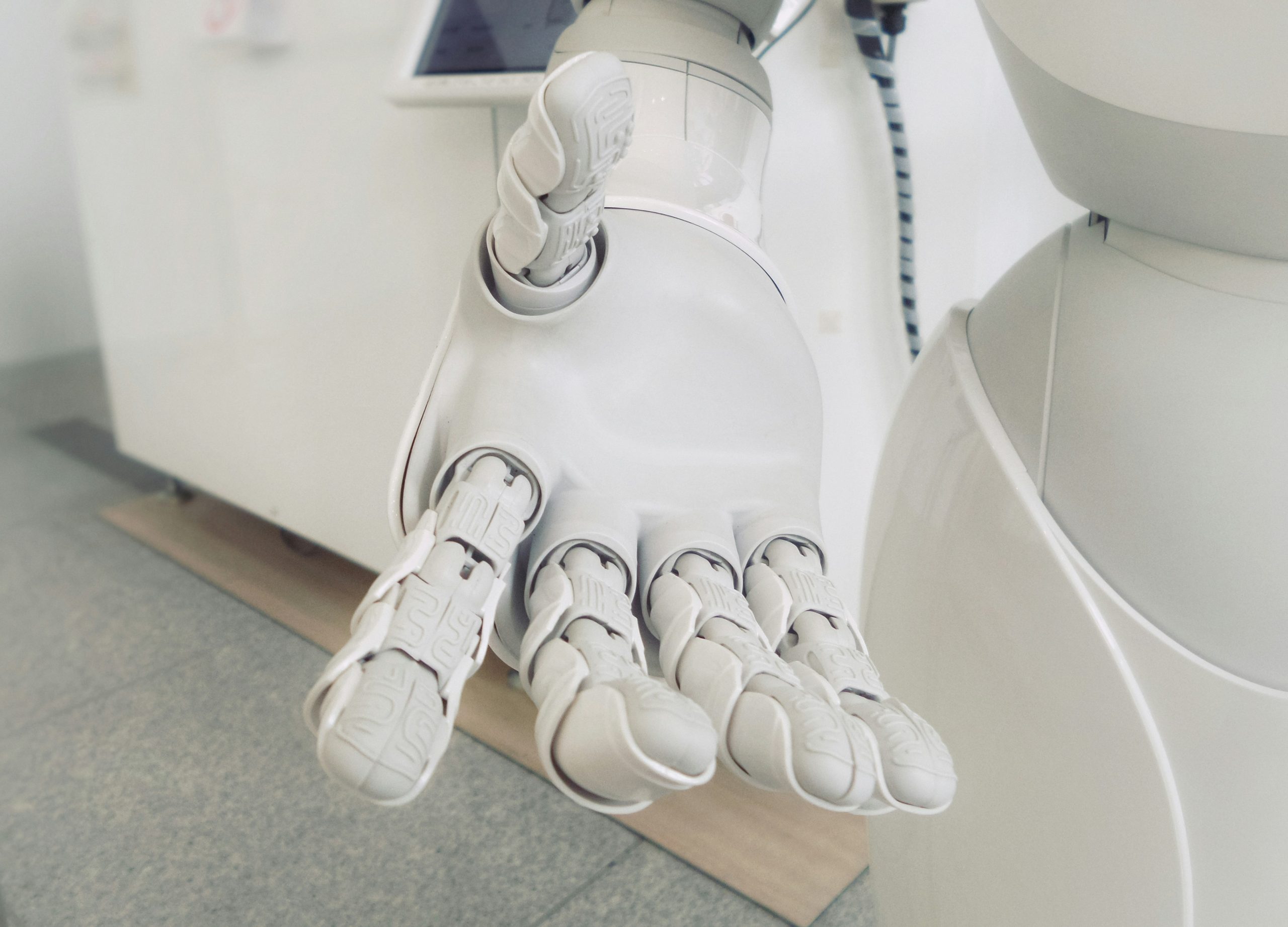For industries all across the world, artificial intelligence is serving as a catalyst for change. Recruiting is no exception. This technology has the potential to automate repetitive tasks while analzying mountains of data which can help any company find candidates faster. Alongside these key advantages, though, AI raises a number of ethical questions. Common concerns surrounding bias, transparency, and privacy must be addressed in order to use this technology responsibly. Learn the ins and outs of these key issues along with how they can be managed effectively.
Understanding the Nuances of AI in Recruitment
Artifical intelligence has the ability to simplify your recruiting process by taking over the tasks that normally need human input, which has many asking the question of will AI replace recruiters? For example, it can review resumes, communicate with candidates through chatbots, and even match job seekers with openings based upon data patterns.
AI is fast. Imagine thousands of resumes being sorted in seconds within your organization all while top candidates are flagged for review by a human. It’s also efficient in that it personalizes experiences such as a chatbot being able to answer applicant questions instantly.
Unfortunately, AI is not perfect. It introduces ethical challenges, particularly in fairness and bias, that can raise questions regarding the clarity of outputs and how data is being protected.
3 Common Ethical Concerns About AI in Recruitment
With the nuances of how AI can impact the field of recruiting covered, it’s time to focus in on the commonly raised ethical concerns regarding this tech. There are three prominent concerns in particular that should be focused on by your business:
- A lack of transparency: For many, AI can feel like a black box. Decisions such as who advances and who does not are hard to explain which can create distrust. For candidates, it’s a frustrating experience, whereas for companies ir raises accountability issues.
- Bias and discrimination: Unfortunately, AI isn’t free from prejudice given that it lears from data which often reflects human biases. If in the past a hiring strategy favored one gender for tech jobs over another, the AI would reflect this by continuing the trend. There have been notorious cases where AI systems reject female applicants for technical roles because their training data emphasized male success despite this not being true.
- Privacy and data protection: Recruitment AI tools process vast amounts of personal information stemming from resumes, social profiles, and even video interviews. The mishandling of this data can lead to exposure risk, legal troubles, and even reputational harm. Many candidates don’t even know how their data is used which makes transparent policies all the more essential to protect their privacy.
4 Key Strategies for Ensuring Ethical AI Implementation
Naturally, the above concerns raise the question of how can AI be implemented ethically or even can it? The short answer is yes. The longer answer is that it will take much time and effort, as well as planning, on behalf of your organization prior to the implementation of the tools. Below are four key strategies your organization should use to reduce the risk of ethical issues arising during an AI recuriting implementation:
- Ensure transparency and accountability: Above all, AI systems should be explainable. Explainable AI sheds light on how decisions were made by the software, thereby helping candidates and employwers understand the process. Clear communication is also critical. Companies need to inform their candidates about the role of AI in their hiring processes and invite feedback to build trust and show a commitment to fairness.
- Regulate data privacy strictly: Ensuring you are in compliance with laws revolving around data protection is critical. These frameworks are intended to govern data collection and storage which is necessary to protect candidate information. Beyond the legal obligations your company has, best policies should include anonmyizing your data and limiting retention policies to the minimum. This helps to ensure security and privacy.
- Design fair algorithms: Eliminating bias in AI starts with a diverse dataset. Your developers must test and audit models continuously in order to identify and correct unfair outcomes. Make use of techniques such as reweighting your data or adding new fairness constraints to ensure there is equitable treatment.
- Always have human oversight on AI projects: Always remember that AI can’t replace the judgement of a human. Your recrutiors must still review AI recommendations themselves to ensure decisions align with company values. If AI flags some as unqualified due to a keyword, for instance, your recruiter should verify what that was. This collaboration helps to minimze errors and promote fairness in your process.
The Role of Regulators and Organizations in AI Recruiting
Across the world, governments and industry leaders are stepping in to address the aforementioned challenges with AI. Regulations such as the European Union’s AI Act are designed to ensure fairness and accountability in AI systems.
Companies shouldn’t wait for laws though. Try to proactively adopt ethical practices, such as conducting audits and ensuring accountability in your AI recruiting software, while also fostering accountability in your organization. This can help pave the way for responsible AI use.
Prepare your organization for the future of AI
AI is clearly reshaping the field of recruitment by making it faster and more efficient. With this power comes great responsibility, though. Ethical concerns surroudning bias, transparency, and privacy need to be addressed to properly harness the potential of AI without causing undue harm.
After all, ethical AI use isn’t just a technical issues, rather it’s a shared responsibility. By working together, organizations can help to ensure that AI becomes a force for good in the hiring process in order to pave the way for a fairer future for all candidates.
